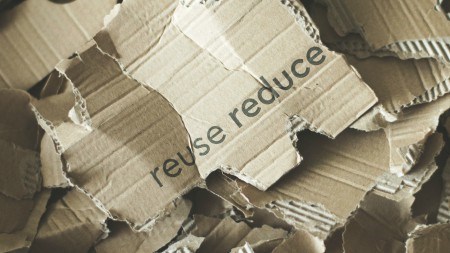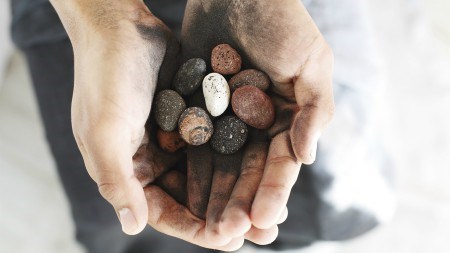Doing our bit for the environment is now more important than ever, and being conscious of what products we buy, as well as how these are consumed and disposed of, can make more of a positive change than we realise.
Reducing the amount of household waste you produce is a great place to start, so here are some simple suggestions to get you going:
1. Invest in quality over quantity
When buying products such as pans, pots or even clothes and toys, try and buy good quality products where possible. Better quality products tend to last longer and therefore won’t need to be replaced or thrown out as often as those of a lesser, inferior quality.
2. Buy in bulk
Not only is it often easier and more cost-effective to buy in bulk, but buying in bulk can help reduce the amount of packaging waste your household produces. For example, one large packet of sugar creates less waste than two or three smaller packets that constitute the same amount. Rather buy the larger packet and divide the sugar into smaller portions using reusable containers at home.
3. Choose products with minimal packaging
It’s not uncommon nowadays to come across products with more than one layer of packaging, so aim to buy the brand with the least amount of packaging where possible.
4. Repair broken items rather than throwing them out
While it’s much easier to just throw something away when it breaks and replace it, consider repairing it instead. For example, if the heel comes off your shoe, take it to a cobbler instead of throwing both shoes away. Not only are you actively curbing the amount of waste that ends up on our landfills, but you are effectively saving money as repairs are often cheaper than having to buy something new.
5. Make use of reusable items
Things like rechargeable batteries and cloth shopping bags are a great investment for every home given their longevity and ability to be used multiple times before needing to be replaced. Furthermore, investing in such items beforehand can help save you money in the long run.
6. Re-purpose your old items
Before throwing something out, it’s worthwhile considering if it could serve another purpose in your home. For example, empty jars can be used as vases or trendy drinking glasses. You can also turn your old towels into cleaning rags, use old tennis balls to decorate or fill egg boxes with potting soil and use them to plant seedlings.
7. Try and buy less
In today’s society, we all experience the desire to buy more than we actually need at some stage in our lives. The next time you see something you want to buy, think about whether you really need it or if there’s already something at home that could serve the same purpose. It might turn out that you do in actual fact have something at home that could be re-purposed or that you simply don’t need the item at all.
8. Start a compost heap
Composting is an excellent way to keep undue waste off our landfills whilst nourishing your garden and house plants for free. Anything from uneaten food to coffee grounds and paper can be turned into compost. Depending on space, compost can either be collected in a sealable container in your home or in a bigger bin outside. Give it about four months and your compost will be ready for use.
Read more: DIY compost, what every garden should have
9. Recycle, recycle, recycle
There’s no way to avoid producing waste all together which is why recycling is so important. Where possible, it is always best to use recyclable products rather than products that can only be thrown out and added to our already overflowing landfills. To make things easy, use separate bins in your home for different recyclable items such as glass, plastic, paper, cans, and cardboard.
While it might seem daunting at first, small steps truly do go a long way when it comes to reducing waste production in our homes.
Implementing some of these small changes over time can significantly reduce the amount of waste you generate at home and if done collectively, can radically and positively make a huge impact on the environment and the future of our planet.




